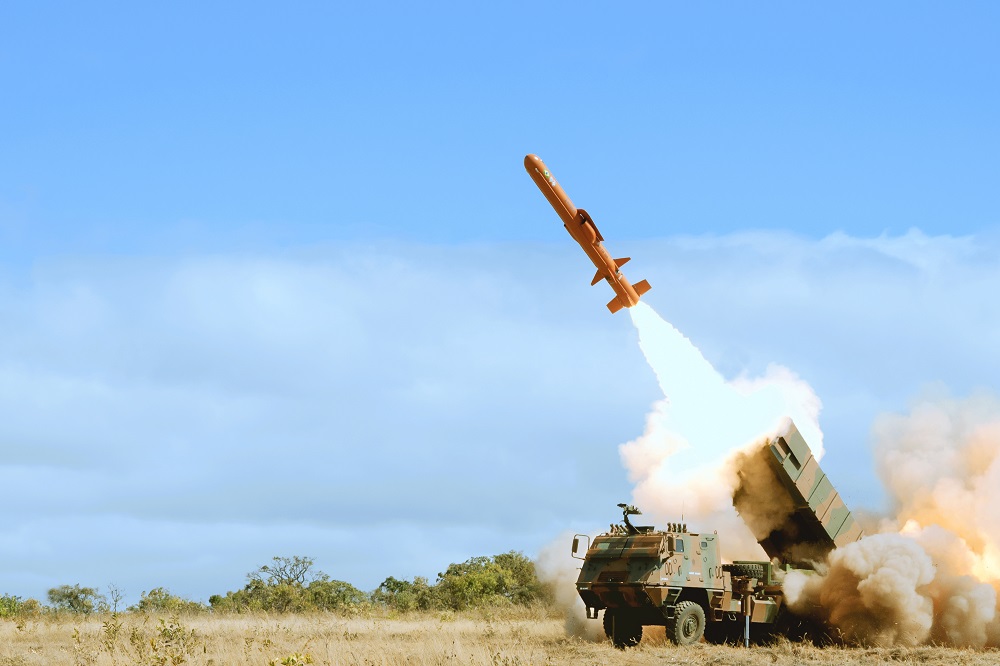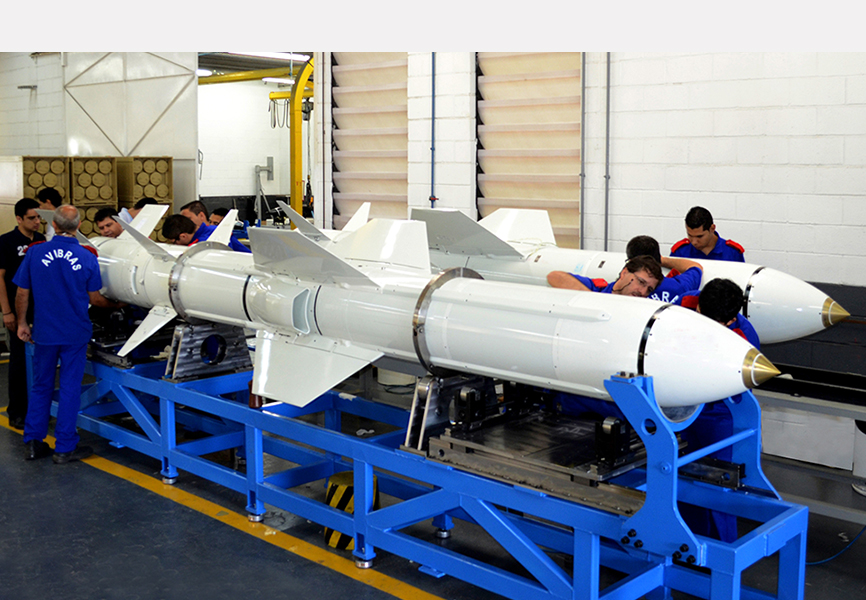Australian defense company DefendTex’s ambitious plans to purchase the financially troubled Brazilian missile manufacturer Avibras and build advanced rockets in regional Australia have hit a major roadblock.
In a dramatic twist, Chinese state-owned defense conglomerate Norinco has entered the scene, initiating a fierce bidding war for Avibras, known for its cutting-edge Astros missile launching system, reported SkyNews.
DefendTex has been negotiating for over a year to purchase Avibras, known for its advanced Astros missile launching system. The deal, valued at approximately $200 million, hinges crucially on a $70 million loan from Export Finance Australia (EFA).
DefendTex has argued that acquiring Avibras would not only give Australia access to cutting-edge missile technology but also stimulate local job creation and strengthen the Australian Defence Force (ADF) arsenal with domestically produced rockets and missiles.
The emergence of Norinco as a contender has cast a shadow over these ambitions. Norinco’s interest in Avibras, with its significant financial backing and extensive global reach as China’s primary weapons supplier, has posed a formidable challenge.

This unexpected turn of events has transformed what was envisioned as a landmark acquisition by an Australian sovereign-owned entity into a potential national security concern.
Experts in Australia have voiced concerns that Norinco’s acquisition of Avibras could grant China access to critical missile technology and intellectual property.
Of particular concern is the potential for China to modernize its Soviet-era guidance systems and even manufacture long-range coastal strike weapons: capabilities that could potentially alter regional military balance, especially concerning the Taiwan Strait.
The situation has escalated further with the revelation of a confidential letter exchanged between Norinco and Brazil’s Defense Minister, José Múcio Monteiro Filho.
The letter, obtained by Sky News and translated from Portuguese, reveals Norinco’s intent to pursue a government-backed acquisition, underlining China’s strategic interest in securing Avibras.
The offer includes plans for joint production ventures that promise to integrate Chinese weaponry into Brazil’s military infrastructure.
With DefendTex’s exclusivity period set to expire at the end of the month, the Australian company faces a race against time to secure Commonwealth support and prevent Avibras from slipping into Chinese hands.
No Support From Australian Government
The Australian government is facing mounting criticism about how the critical defense acquisition opportunity has been handled as Chinese interests move to acquire a major South American missile manufacturer.
The potential purchase of Brazil’s Avibras by the Australian company has been blocked — by what critics allege is government inaction — despite claims that such a move could significantly enhance Australia’s defense capabilities without costing taxpayers.
The deal, valued at approximately $200 million, requires a loan of $70 million to secure, with DefendTex aiming to utilize Export Finance Australia for funding. It is a move that would effectively involve Commonwealth support.
Travis Reddy, CEO of DefendTex, has expressed frustration at the government’s apparent reluctance to facilitate the loan despite public statements acknowledging Australia’s defense missile gaps that DefendTex believes it can swiftly and affordably address.
Reddy emphasized the urgency of the situation, particularly in light of China’s recent interest in Avibras, characterizing the acquisition as a matter of national interest and strategic importance.

“It is deeply concerning that my warnings and requests seem to be falling on deaf ears,” Reddy lamented. He emphasized the potential consequences of inaction, noting that failing to secure Avibras could allow a potential adversary to gain access to critical defense technology and capabilities.
Efforts by DefendTex to engage senior government officials, including Defence Minister Richard Marles and Defence Industry Minister Pat Conroy, have reportedly been met with delays and refusals for meetings.
This perceived lack of response has prompted Reddy to explore alternative avenues for financing, including reaching out to European nations for support.
“The question is: If China can see the value in the acquisition, with all of its industrial capacity, why can’t Australia see it?” Reddy questioned, highlighting the disparity in strategic foresight between Australia and its geopolitical rivals.
The Australian government’s focus on a multibillion-dollar guided weapons program in collaboration with American defense firms has raised eyebrows amid the Avibras standoff.
Critics argue that while significant resources are allocated to international partnerships, opportunities to bolster domestic capabilities through strategic acquisitions like Avibras are being overlooked.
Contact the author at ashishmichel(at)gmail.com





